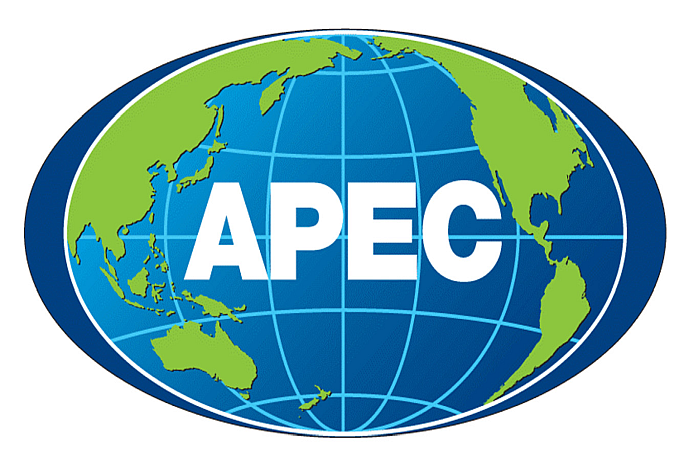By APEC Ministerial Meeting
BANGKOK, Thailand – Ministers from the 21 APEC member economies convene in person in Bangkok for the first time since 2018 against the backdrop of increasing inflation, food and energy prices, inequality and climate change.
Together, ministers are aligning their ideas for advancing Asia-Pacific integration, trade and investment in the common pursuit of a sustained and inclusive recovery in a highly uncertain world.
The 2022 APEC ministerial meeting is co-chaired by Thailand’s deputy prime minister and minister of foreign affairs Don Pramudwinai and Thailand’s deputy prime minister and minister of commerce Jurin Laksanawit.
Policy recommendations were shared by representatives of the APEC Business Advisory Council and APEC’s official observers – the Association of Southeast Asian Nations, the Pacific Economic Cooperation Council and Pacific Island Forum.
“Our meeting today takes place at a pivotal juncture,” said deputy prime minister Don in his opening remarks. “The world is staring at hyperinflation married to recession, broken supply chain and scarcities, climate calamites, as well as the precariously outdated mode of production that seriously needs recalibration in light of technological innovation.”
“And making the matter worse, we see the increased cancel mentality that permeates every conversation and action, makes any compromise appear impossible,” said deputy prime minister Don. “That’s why APEC this year must rise above these challenges and deliver hope to the world at large that, collaboratively, there is room that we can prevail and prosper.”
Under Thailand’s theme of APEC 2022, Open. Connect. Balance., ministers are exchanging views on the bio-circular-green (BCG) economy model and how it can help APEC members achieve a sustainable and inclusive recovery, as well as long-term growth.
“The fourth industrial revolution that has already made its irretrievable world entrance, calls upon us to rethink our growth strategy in terms of increased sustainability and inclusiveness, and, most fundamentally, more balanced,” he said.
Deputy prime minister Don further explained that rapid technological innovation, environmental degradation and climate change, coupled with the frightening gap in inequality, require leaders of APEC member economies “to ponder the way we can and must do better and cooperate more.”
“The way we do trade requires new tactical and strategic adjustments, and more importantly a new mindset to make these needed adjustments possible,” deputy prime minister Don said. “To maintain status quo is not an option.”
Deputy prime minister Don highlighted the positive progress of the Bangkok Goals on the BCG economy, which will be presented to APEC leaders. The objectives are aimed at advancing and integrating APEC’s sustainability agenda into the mainstream.
In his remarks, deputy prime minister Jurin, who was also the chair of the 2022 APEC Ministers Responsible for Trade Meeting in May, highlighted the progress made on the multi-year work plan on the Free Trade Area of the Asia Pacific, noting that deepening the region’s integration is key to addressing economic uncertainties.
Ministers are also focused this year on the next steps to reconnect the region, develop safe passage and build resilience, especially after the COVID-19 pandemic forced many economies to impose strict policies in movement and cross-border travel.
Drawing on the lessons from the last two years, ministers deliberated on measures to improve coordination between their health policies to ensure that travel in the region will remain open and safe in the face of future pandemics and shocks.
The decisions ministers make today will inform the APEC economic leaders’ meeting on Friday and Saturday.





